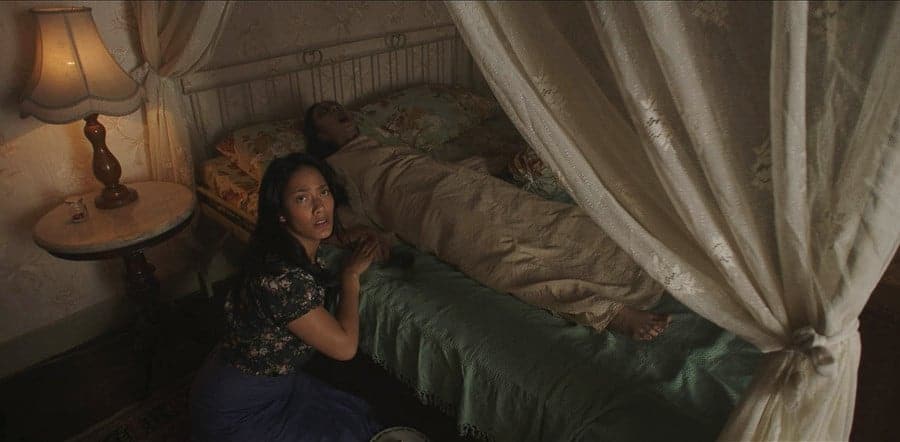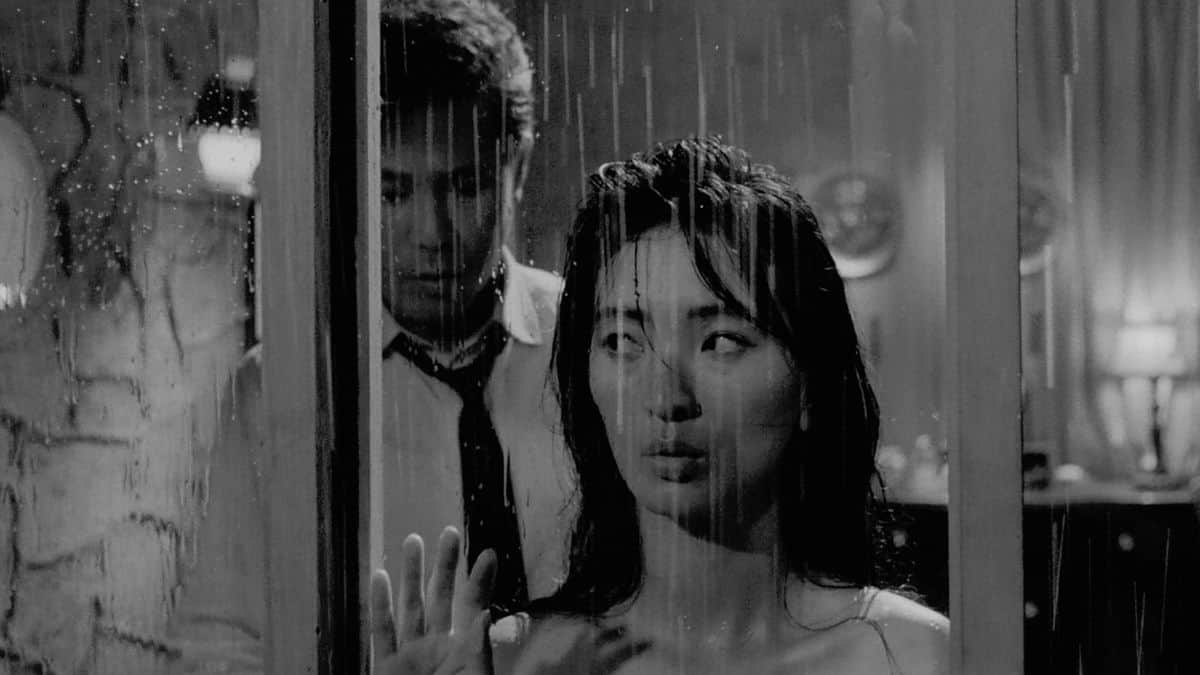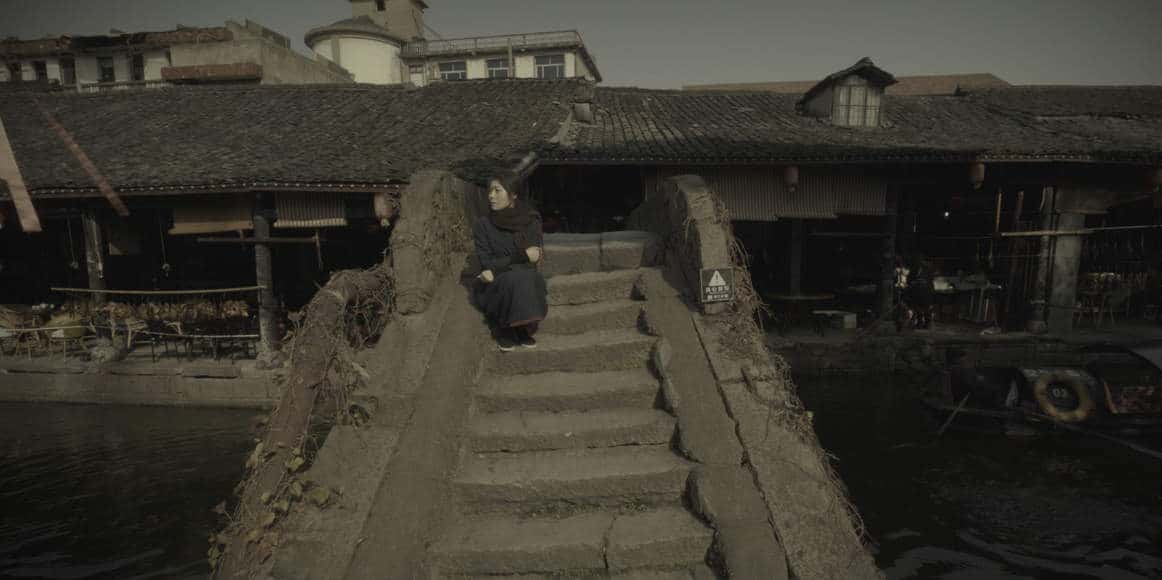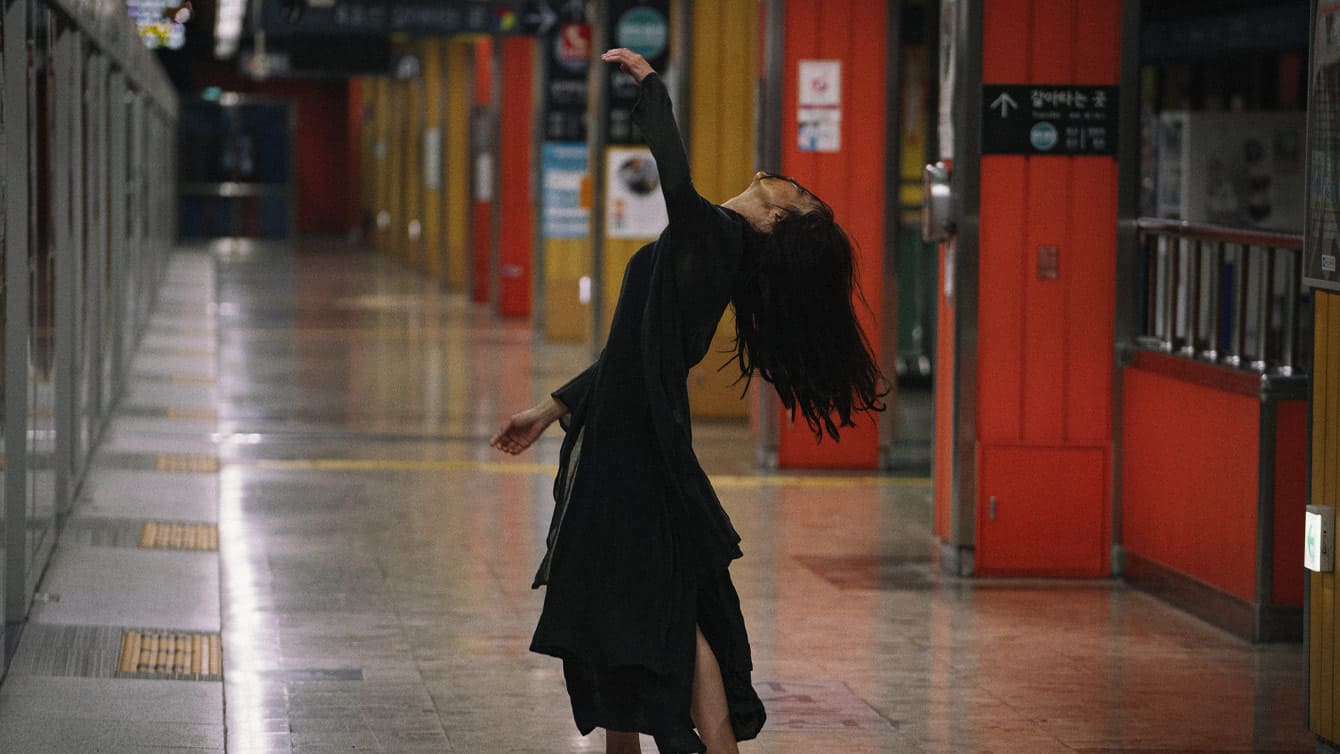Based on the homonymous (Pengabdi Setan), 1981, Indonesian cult horror film, “Satan's Slaves” implements a distinct retro/exploitation/b-movie/slasher sense that is bound to excite all fans of the category.
The film is screening on November 28 as part of Five Flavours Asian Horror Night
The film revolves around a rather peculiar family living in a secluded house near a forest. The family consists of a handicapped grandmother, the mother, a former singer who has been disabled by a strange disease that does not let her move from her bed, her husband, who seems to be as far away from anything religious as possible, and their four children who have completely different ages and do not look alike at all. Among them, Rini has assumed the role of the mother being the eldest, Tony is an adolescent who tries his best to earn money for the family, while Bondi and Ian are still children, with the latter being a deaf-mute.
The family faces major financial issues, since the rights to the songs of the mother do not pay any more, and the father had to put a mortgage on the house. Furthermore, everyone seems to be afraid of the mother's illness and something strange seems to be lurking in the house. Furthermore, e the death of the matriarch initiates a series of events that deteriorate the family's situation even more, and not only for natural causes, as a number of hidden secrets are revealed, and death and the supernatural seem to be behind every corner.
Joko Anwar directs a film where every cliché of the genre seems to be included. The unnaturally sick mother, the messages on the records if played backwards, the well, the cult, the haunted house, the forest, the eccentric man who knows much but is reluctant to reveal, the extreme facial expressions, the dangerous secrets, the priest, Satan and his children, and almost every “trick” in the book are present and depicted in retro, but rather impressive fashion. This sense seems to derive from every frame of the film, including the on-screen appearance of the title.
This trait extends to the technical department, where the horror derives not from SFX, but from the abruptly extreme sound of Khikmawan Santosa, which includes the screeching of doors, windows and wooden steps on the ladder, the sudden cuts from “normal” to horrific moments implemented by Arifin Cu'unk's editing, and the equally abrupt zoom-ins of Ical Tanjung's cinematography. Through Anwar's direction though, all these elements come together in rather entertaining fashion, as he proves that a film does not need expensive effects to be scary.
Despite the general aesthetics of the movie, Anwar managed to include a number of humorous scenes, with his presence as the owner of the record company and of Fachry Albar's (the protagonist of “Forbidden Door”) in the finale working in this direction. Particularly the latter provides a truly hilarious scene, as the ending has nothing to do with the rest of the film or its style.
Tara Basro, who has become somewhat of a muse for Anwar, appearing in all of his latest works, is again great as Rini, a woman who tries to protect her family against something that is much above her capabilities. Bront Palarae plays the role of the patriarch convincingly, while the same applies to Endy Arfan as the slick Tony. Ayu Lakshmi, who is actually a recording artist (in a casting choice evident of Anwar's humor) is quite scary as the mother, particularly through her extreme facial expressions, while M. Adhiyat gives an adorable performance as Ian, with his presence being a constant source of smiling.
Joko Anwar managed to incorporate a number of different elements in “Satan's Slaves” and, in the process, to present one of the best horror movies we have seen this year, through his unique style.















